by Rebekah Lattin-Rawstrone
City Writes is such a brilliant showcase for all the fabulous writing talent coming from City’s Creative Writing Short Courses and this Autumn’s Event was no different. There are always fascinating submissions from the Narrative Non-Fiction course run by Peter Forbes and this term we were able to celebrate some of the fruit of his teaching labours by sharing the work of Narrative Non-Fiction alumnus Ciaran Thapar whose book Cut Short: Youth Violence, Loss and Hope in the City is an insightful, honest and eye-opening exploration of knife crime and youth violence in London.
As always we began with the competition winners. We went from an exploration of infidelity and class in ‘Salesman of the Year’ by Laurence Kershook all the way to a drunken groom in Grayson Anderson-Brown’s ‘Mum’s Yard’.
Laurence is an alumnus of The Novel Studio and his story set a sinister tone for the evening. As is often the case, a theme seemed to emerge across the winners’ pieces and this time it was an exploration of relationships from people at the end of their relationship journey, through those at the start, towards those whose more intimate relationships are with their art.
We hope Laurence will come back and share his novel, The Broygus, which is due out in mid-2022.
From a jail cell (you read correctly) to a house call, we heard from Pasca Lane next as she read her story, ‘Creature of Habit’. Her main character was desperate to get rid of a fox, to rid his home of the remnants of his ex-wife. A hilariously unself-aware character, Pasca delivered his perspective with aplomb.
Alan Gray, alumnus of the Short Story Writing course, took us on a first date, expertly navigating us through the complications of desire and that human need for connection in his story ‘Nice Meeting You’. There were some great moments of dialogue and a weighty, uncertain end on a sofa.
Another Short Story Writing alumnus, Stephen Kehoe, chilled us with the opening of his novel-in-progress, Defence Mechanism next. A speculative near-future in which the protagonist exploits public officials for some unspecified end, left us all reeling and eager to find out more.
Emily Shammar took us into the world of a blind woman at a picnic next. An alumna of An Approach to Creative Writing this extract from her longer work, ‘The Complicit’ was a thrilling and unnerving ride into uncertainty.
Novel Studio alumnus, Grayson Anderson-Brown gave us some sharply drawn characters next, in his extract ‘Mum’s Yard’ in which two brothers and a cousin try to salvage a wedding day currently not going to plan. They fail to keep the groom’s hung-over dishelvement from Mum, all summoned to her flat for a dressing down.
Mike Clarke was the last of the competition winners to read. A self-confessed City writing course junkie, he read ‘Spray Can Angel’, an extract from his novel-in-progress, Burnt Fingers, in which a female graffiti artist risked serious injury dangling from a fire escape to repair her artwork. Left dangling alongside the protagonist, the audience were hoping to see that novel in print soon.
The evening then took a turn towards non-fiction and the brilliant blend of narrative and sharp political commentary in Ciaran Thapar’s work, Cut Short: Youth Violence, Loss and Hope in the City which was published by Viking UK (Penguin) in June 2021. Told through a mixture of character journeys based on real people and considered research and argument, the book draws a reader into the lives of those living with youth violence, gaining their empathy and understanding in order to help them see a path towards change.
Ciaran gave a short reading from Chapter Five in which Carl, a young school boy, is sitting in an isolation session at school and feeling worthless and depressed. In a Q&A with host, Rebekah Lattin-Rawstrone, Ciaran then spoke further about the themes of the book and his hopes for building more supportive communities for young people. He was an inspirational guest and speaker, providing much food for thought among the audience who were also keen to ask questions. If you haven’t read it, buy it here. Ciaran will also be running a short course at City on Writing for Social Impact, which if his book is anything to go by, will instigate further fascinating and thought-provoking writing.
To experience the event for yourself, watch the full recording now. What a great way to start the festive season with fabulous fireside stories and provocation to think of others.





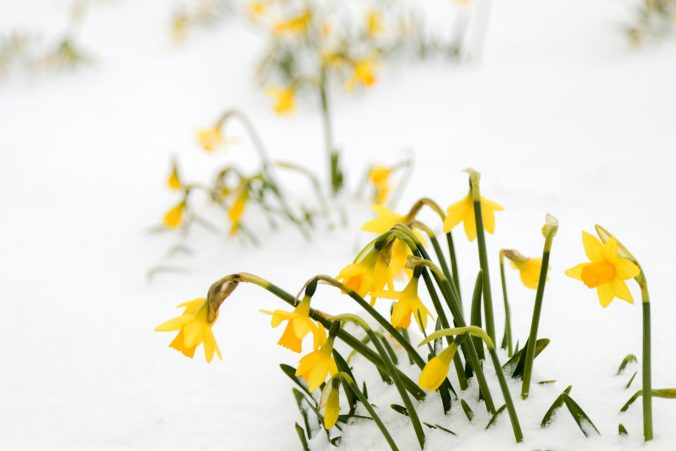
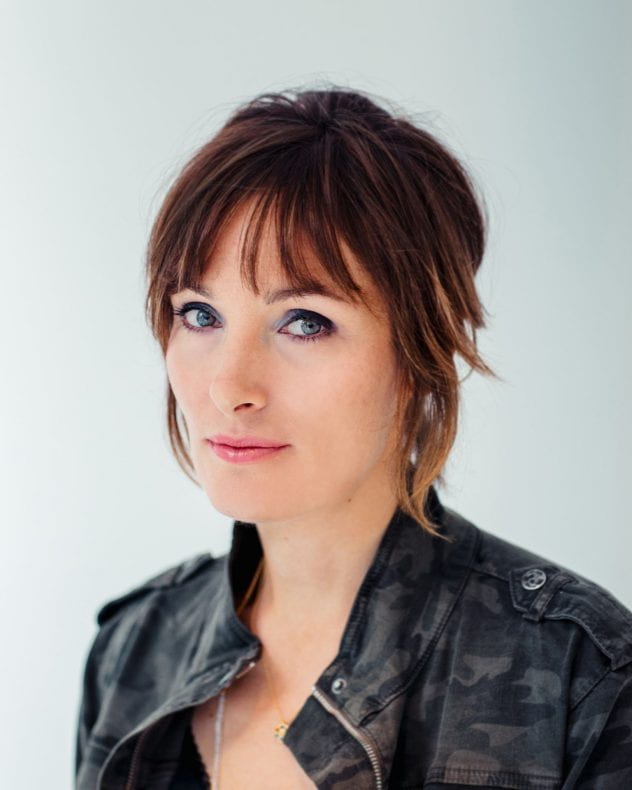

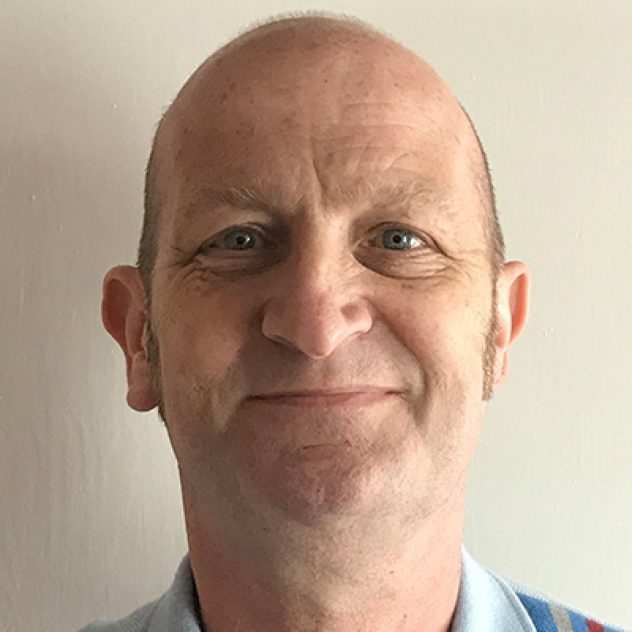

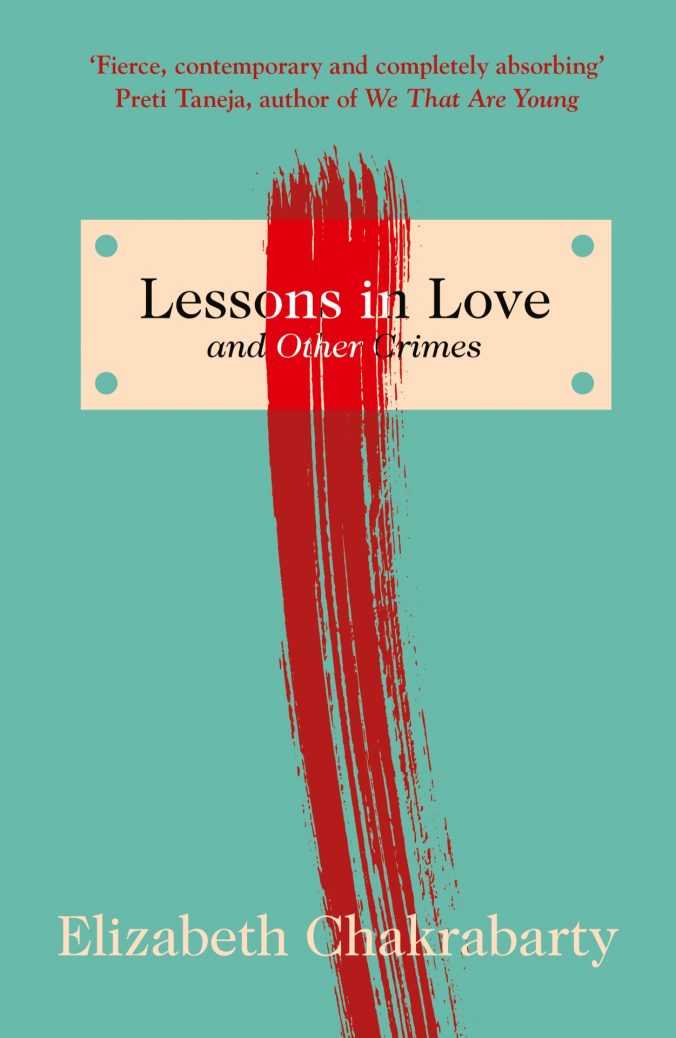

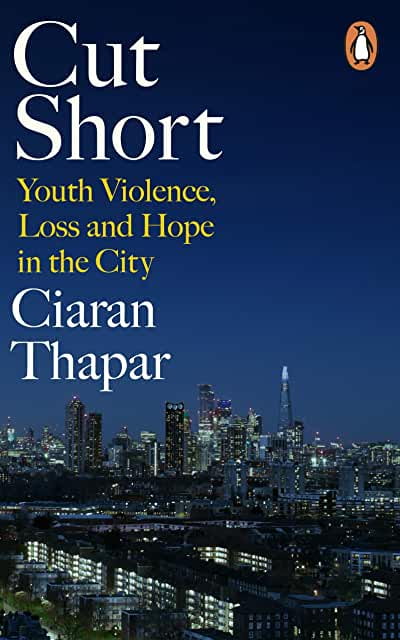



 he course has a
he course has a 



 Stephen King’s tribute to his ‘divine’ editor – from his book On Writing: A Memoir of the Craft – is a creed all writers should live by. Yet when I recently turned my red pen on my own writing on a
Stephen King’s tribute to his ‘divine’ editor – from his book On Writing: A Memoir of the Craft – is a creed all writers should live by. Yet when I recently turned my red pen on my own writing on a 
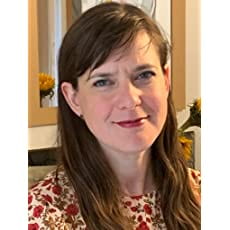
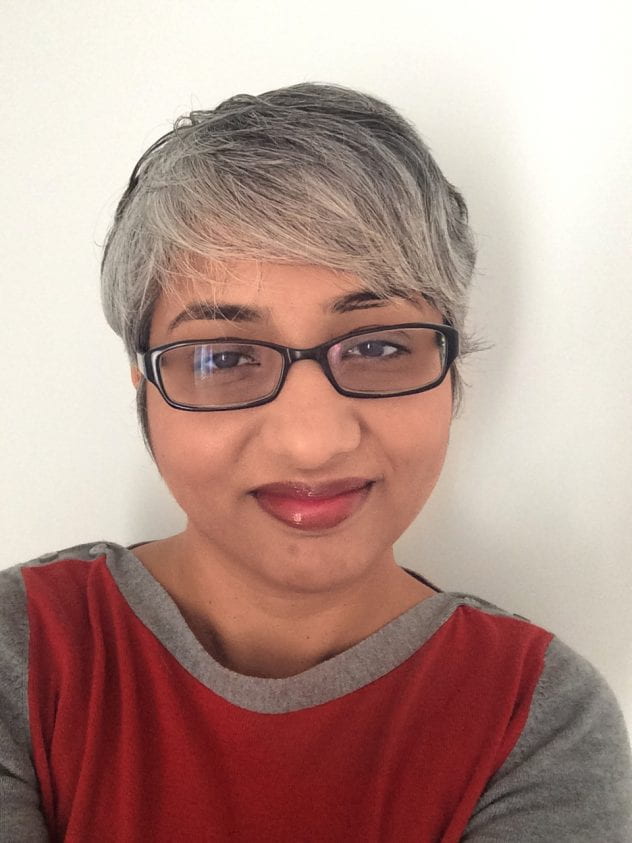
Recent Comments